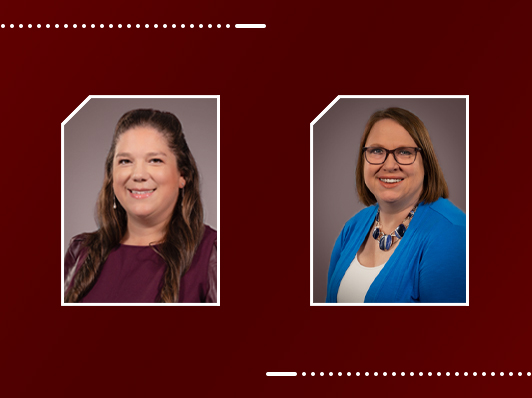The need for unified messaging on prenatal alcohol use
Midwife responses varied when asked by researchers how they would respond to a patient that confides in them that they drink alcohol while pregnant. The findings highlight an urgency to ensure health care providers’ messaging on prenatal alcohol use aligns with national guidelines of abstinence from alcohol while pregnant.
Alcohol-related behavior expert Dr. Adam Barry conducted the study which explored alcohol-related messages health care providers relay to pregnant patients.
“Essentially, our findings mirror previous work — the message to abstain completely from alcohol use during pregnancy is not strictly and uniformly distributed,” Barry said.
Midwives were also asked how they would respond to a patient asking what a “safe” level of alcohol consumption would be.
Varied responses
For the most part, approximately seven out of ten midwives responded with “safe levels of prenatal alcohol use are unknown”. Nearly half recommended that the patient “discontinue alcohol during pregnancy”.
“However, some messages contradicted U.S. guidelines,” Barry said.
This includes 11.5% responding “a little bit of alcohol unlikely to cause harm”, 4.9% said “cut-down if having more than 1–2 drinks per occasion”, and 1.6% responded “if you must drink, wine is best”.
The national guidelines for alcohol consumption are clear: alcohol is harmful for a fetus, there is no known safe amount of alcohol use during pregnancy and women should completely abstain from drinking while pregnant.
“Drinking while pregnant is linked to a number of harmful outcomes to babies, causing lifelong physical, behavioral and intellectual disabilities,” Barry said. “Therefore, it is vital that any messages provided by any health care provider unequivocally align with national guidelines of abstinence from alcohol while pregnant.”
What is a midwife?
There are two types of midwives, certified professional midwife and certified nurse-midwife.
A certified professional midwife is a registered nurse who has completed a graduate-level program in nurse-midwifery and work in a variety of settings such as birth centers, homes, clinics, hospitals, medical centers and their own private practices.
“CNMs offer reproductive health services involving, but not limited to pregnancy, childbirth and postpartum period. For instance, they are authorized to provide prescriptive and primary care services,” Barry said.
Certified nurse-midwives are direct-entry midwives who acquire training in a midwifery program. They do not work in hospital settings, neither do they provide prescriptive and primary care services.
Barry said while midwives were used in this particular investigation, he does not think this is an issue specific to them. Rather he said this concerns all health care providers and that women in the U.S. report the messages they receive about alcohol use during pregnancy as inconsistent.
“The take home point is this: There is no known safe quantity of alcohol that can be consumed while pregnant and drinking alcohol can have very real, consequential negative effects on a fetus,” Barry said. “It is vitally important that any discussions about alcohol use during pregnancy be grounded in this reality.”
Dr. Adam Barry is a health education professor and associate department head in the Department of Health and Kinesiology.
About the Writer
Heather is responsible for news coverage in the Department of Health and Kinesiology, as well as the Department of Educational Administration and Human Resource Development.
Articles by HeatherFor media inquiries, contact our Media Relations Coordinator, Ashley Green














